I’m putting this comment up here, so that if you come away from this article with only one thing, it’s this: if there’s any art or project you’ve wanted to start, then don’t wait. Start working.
In the last two weeks, two friends of mine—well, a friend and my brother, really—have begun investing real time in a new hobby: game development. On the one hand, this was a long time coming. They’re passionate gamers and, despite their objections, they’re both very creative, analytical people with a knack for piecing together what makes a good game. Both had also expressed a passive desire to get into the field for a long time.
On the other hand, I was pleasantly shocked when they finally started. See, they’d always buried their desire to take up game development underneath layers of “I don’t have the time,” and “I don’t know how,” and “it’s not like there’s any future in it.”
The last one’s not a verbatim quote, but you get my meaning.
No matter how much they’d wanted to start doing game development, something kept getting in the way. Something that wasn’t rational or “solid,” but imagined. I’ve dealt with it, too; it wasn’t until last week that I opted to stop banging my head against the wall and change my networking and outreach strategies to something more useful. There hadn’t been any more preventing me from doing this than was preventing them from getting into game development. And, years back, I encountered the same thing with writing: I would sketch out ideas and characters and outlines, but it wasn’t until college that I decided to sit down and consistently write the story, itself.
This is not uncommon. There are millions out there who want to pick up a new craft, a new hobby, a new art. And there are a million others who are already artists or experts, but are waiting on starting a new project. Meanwhile, that idea sits in the back of their mind and burns a hole through their psyche, screaming to be put onto the page or canvas or computer screen or… well, if I keep this list going, I’ll never finish this essay. Besides, this essay isn’t about the wall that keeps us from starting…
This essay is about getting you started on you want to do. And if there’s anything I’ve learned during my own writing or during my friendships with artsy folks and adventurers (what else do you call people who make a hobby out of climbing sharp rocks and jumping out of planes?), it’s this:
The only way to get started on a new art or new project is to ignore your worries and preparation, dive in, and start working right away.
I’m not the only one who thinks this. Louis L’amour (whom I’ve never actually read) said: “Start writing, no matter what. The water does not flow until the faucet is turned on.” And Ray Bradbury (for all his faults as a person) said something similar: “Go to the edge of the cliff and jump off. Build your wings on the way down.”
So, why don’t more people do this? I think the problem is three-fold.
The first is an obsession with preparation or inspiration. Hopeful writers, musicians, game developers—creatives and adventurers of all stripes—get bogged down in the belief that they can’t start until they’re “properly prepared.” While I know this is a natural human instinct, I can’t help but cast a suspicious glance at an education system which seems to discourage free thought and expression until you’ve earned a pointless slip of paper saying you’re qualified to start. Regardless of the cause, people will spend hours studying, looking up “how-to-get-started” articles, and researching the best equipment and “starter” projects… but they’ll never leave the research phase. You have to get started, sometime, otherwise the research is meaningless. Plus, much of that research can’t be properly understood until you’ve had some practice that allows you to put context to it.
Inspiration is also a major hang-up for creatives. Aspiring makers will have a strong interest in some art or another—be it music, sculpture, or game development—but will hold off on starting until something “sparks the imagination.” While there is a lot to be said for inspiration, this can unfortunately devolve into waiting “until you feel like it.”
This misunderstands two things: first, that the inspired, creative project you’re hoping for may not shine without the skill to back it up, and you have to nurture that skill through practice… which you won’t get if you’re only working when inspired. More importantly, this train of thought misses the fact that inspiration is more often found than given. Take Jack London’s popular quote: “You can’t wait for inspiration. You have to go after it with a club.” While this was aimed as much at his adventuring habits as the practice of writing, the truth remains: practicing these creative arts when you aren’t inspired can bring the inspiration to you.
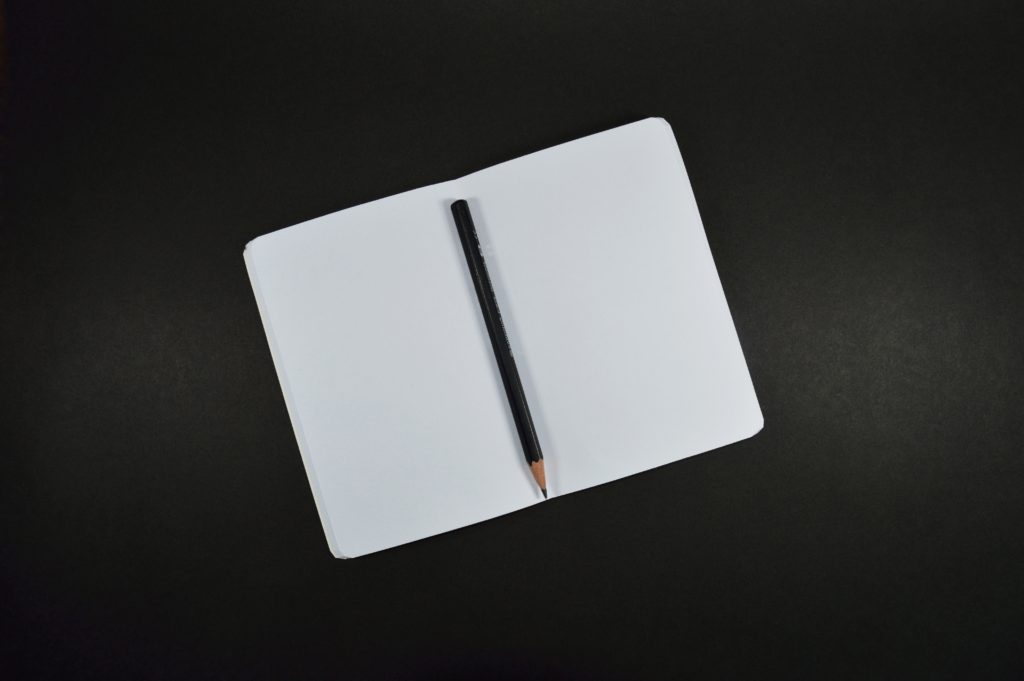
The second problem is fear. Artists deal with this on a day-to-day basis. Whether we’re just getting started or whether we’re about to open up a new project, the fear that we’ll do a bad job can freeze us solid. The knowledge that we won’t make something good without practicing deserts us, and we procrastinate or stare at a proverbial empty canvas for hours. Gabriel Garcia Marquez knew this, and once said: “All my life, I’ve been frightened at the moment I sit down to write.”
But, there is a way to get past this point: we have to remember that when we get started on a project or a new art, we’re not making the final draft. We’re not committing to anything, we’re not setting anything in stone. In fact, what we start with is often… well, it’s crap. It’s a first draft. Terry Pratchett and Octavia Butler have both said something to that effect:
“The first draft is just you telling yourself the story.”
Terry Pratchett
“You don’t start out writing good stuff. You start out writing crap and thinking it’s good stuff, and then gradually you get better at it.”
Octavia E. Butler
And you should know a big secret about that “final draft:” your work doesn’t reach its final form until you say so. You can always go back and edit, or make a copy and start over (even if it’s time intensive).
The third and final problem is practical: time. It’s hard to make time for hobbies, especially in this economy. Work can leave you exhausted and unwilling to do much outside of watching Netflix in your pajamas if you’re lucky enough to have that option. The solution to this is a little less uplifting: you have to make time. This isn’t possible for everyone, but you have to make time and make sacrifices for your hobby. As exhausted as you might be, take heart: often, these creative outlets can help restore the energy drained by a day at work and burn off the stress. In many ways, they’re a lot better for that than a Netflix binge.
Whether the problem is inspiration, preparation, fear, or time, the solution remains the same.
Get started. Now.
Try this: if there is something you’ve been thinking about trying—a new art, hobby, or project—get started in the next 24 hours. Realize that there’s very little stopping you. Find some way to make that mental commitment, and be flexible with your resources. Want to start drawing? Doodle on the back of a slip of old paper, if that’s all you have. Music? Even if you don’t have an instrument, you can start singing or researching theory. Hum scales and songs at work. And, if it’s something more intensive or time restrictive, or that needs dedicated work space or tools, then stop procrastinating and make an appointment somewhere. Even for game development, there are a lot of free resources a mere google search away.
As one of my friends from earlier, Chad Finch, said when I asked him what his biggest piece of advice was for other aspiring game developers hoping to learn a specific engine: “Just jump into it, go make something.”
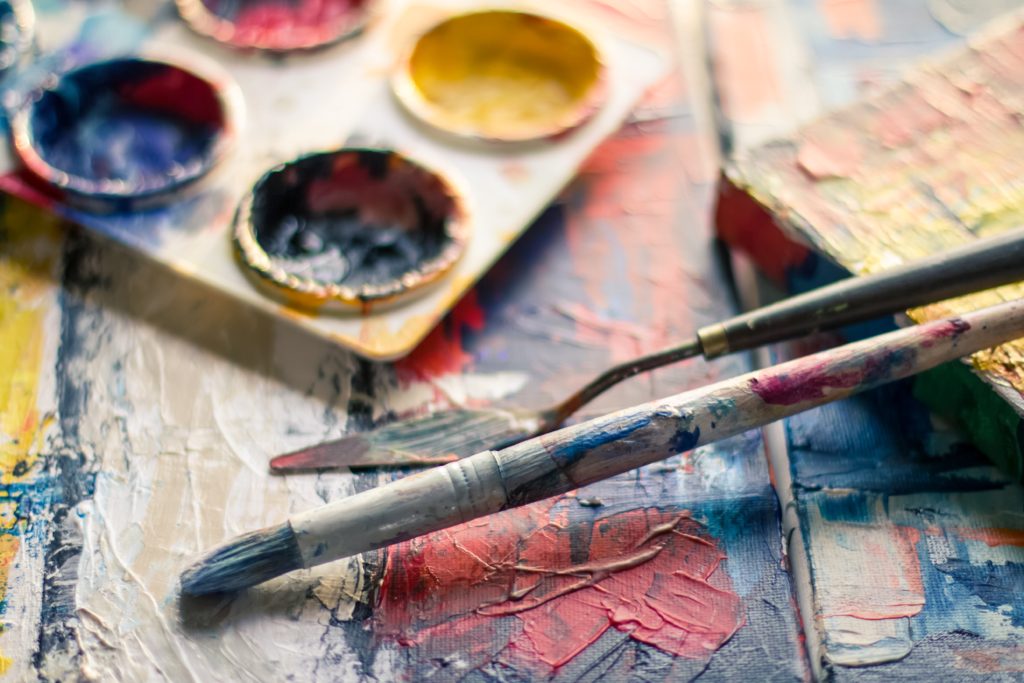
Remember that you don’t have to make anything perfect. You don’t even have to make anything good. Perfection is an illusion, good only comes from practice, and practice requires that you get started. It may be just the thing you need to breathe some life back into your day.
And, lastly, don’t fool yourself into thinking any of this is a waste of time. Call it capitalism or this competitive culture, but there seems to be an epidemic of disdain for the arts. People see little value in creativity. I feel for those who’ve fallen victim to that belief, and wish ill upon those who perpetuate it. Art has immense value… but nothing I could say about it will beat what Neil Gaiman has said in his “Make Good Art” speech. I wish I could quote the whole thing, here. Seriously, look it up. It’s among the most inspirational, amazing things I’ve ever read or heard.
But for now, I’ll leave you with an excerpt:
“Remember that whatever discipline you are in, whether you are a musician or a photographer, a fine artist or a cartoonist, a writer, a dancer, a designer, whatever you do, you have one thing that’s unique. You have the ability to make art. And for me, and for so many of the people I have known, that’s been a lifesaver. The ultimate lifesaver. It gets you through good times and it gets you through the other ones…
Make interesting, amazing, glorious, fantastic mistakes. Break rules. Leave the world more interesting for your being here. Make good art.”
Neil Gaiman
There’s little I could say to top that. So, please, get started and make something.
There’s a lot more good to be found by doing so than bad and, really…
What’s stopping you?
Featured image courtesy of Craig Adderly! Other pictures by Miguel and Steve.
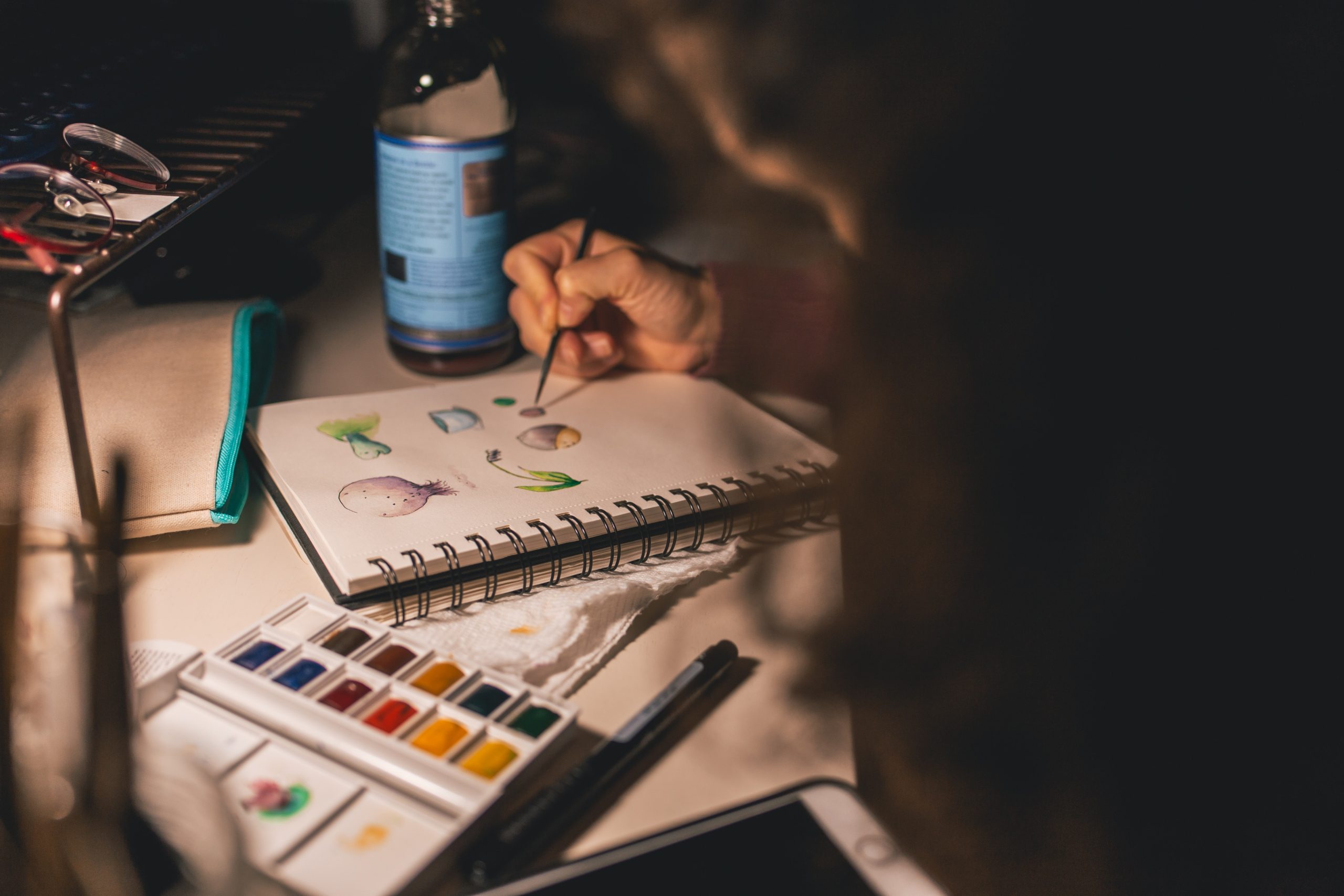
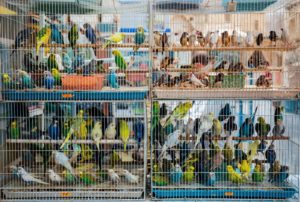

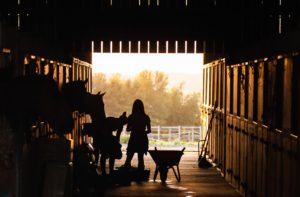
Love this! Thank you
💝🚀
No problem! I’m glad you liked it!